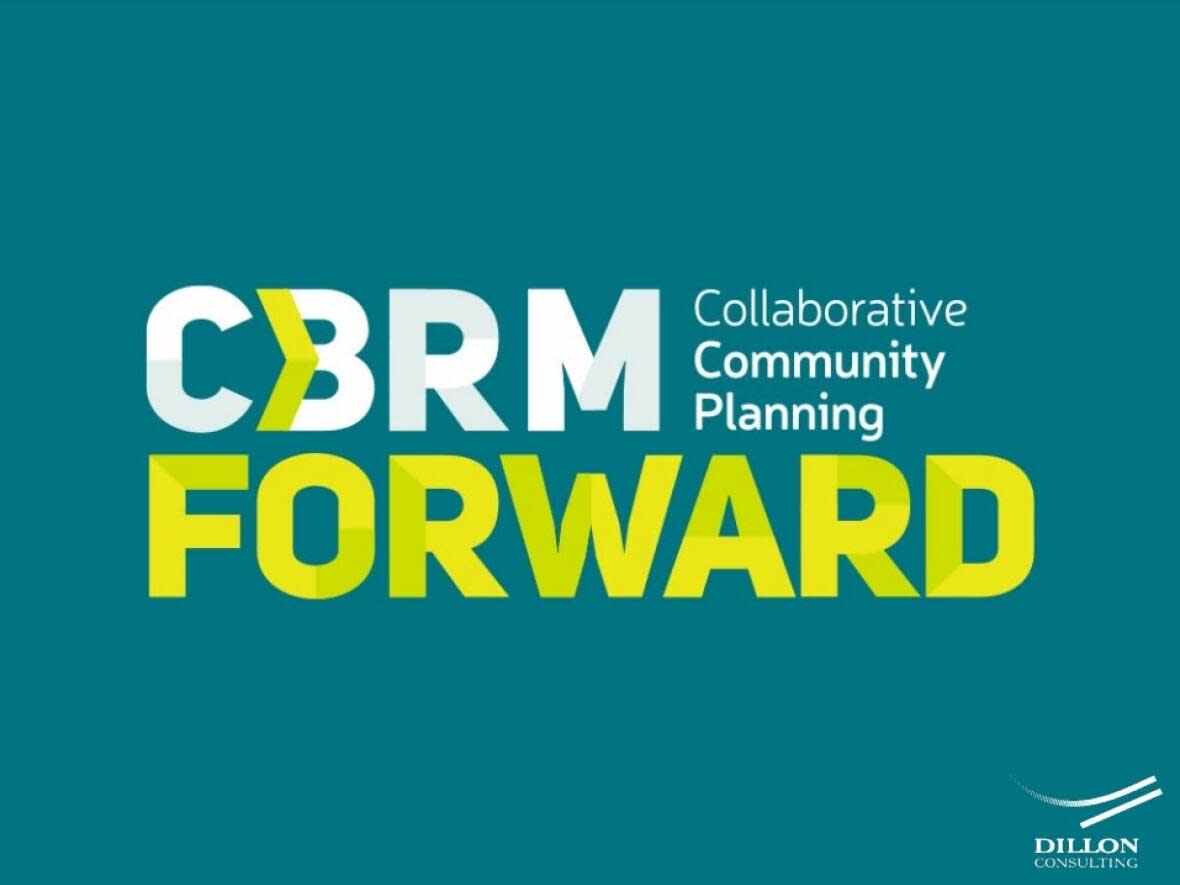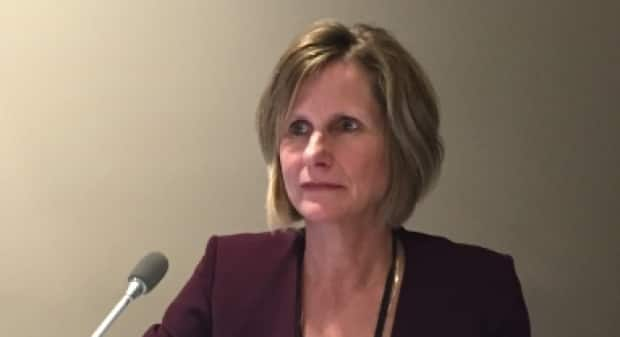CBRM commits to five-year economic development strategy

Cape Breton Regional Municipality is chartering a new path for economic growth.
On Tuesday, CBRM mayor and council accepted the results of an independent report that looks to expand economic development in the region over the next five years.
"I don't need to tell you that in the last 20 to 30 years, the CBRM has experienced all kinds of upheaval," said Aileen Murray, a consultant who worked on the project.
"But I really see this strategy as coming at a time of great opportunity and I'm really optimistic about the future for CBRM."
The CBRM Forward report follows a 2019 viability study that found the municipality is facing a doubtful future based on its declining population, shrinking revenues and increasing costs.
But Murray said things can be turned around. And she said that in 2020 alone, 1,700 people moved to CBRM and another 2,500 more people came to study. But with retirements looming and fewer people entering the workforce, attracting new residents and creating a new generation of entrepreneurs will be crucial.
"The province itself has a very ambitious plan for population growth and Halifax alone cannot solve that plan," Murray said. "Halifax alone cannot be the sole driver of population growth. The province will need to work with CBRM to realize their goals. And again, we see this as a terrific opportunity."
The report identifies priorities for CBRM including leveraging local strengths and creating strategic partnerships. There are also dozens of listed strategic actions such as working to address workforce needs, investing in infrastructure and tourism and exposing young people to entrepreneurship.
Murray said in order for the strategy to succeed, CBRM must create strong partnerships with other levels of government, post-secondary institutions and the business community.

District 5 Coun. Eldon MacDonald said now is the time to begin talking to economic partners who can help drive the plan forward.
"Maybe it's time for our council to sit down and ask for a meeting with Premier (Tim Houston) and his staff to be able to ask them what the economic plan is for Nova Scotia. How that affects this end of the province. And how that would work in combination with the plan that we just approved here today."
Members of council questioned Nova Scotia's short-term commitments to funding its regional enterprise networks, which are used by local governments and the business community to pursue shared goals, combine resources and create more sustainable regions.
Marie Walsh, CBRM's CAO, said REN funding is currently offered on a yearly basis, which makes it difficult for planning and securing staff.
She suggested the municipality ask the province commit money on a three- to five-year basis.
"It's definitely something that I would love to see. It's not something that is currently available. But it doesn't mean that we shouldn't advocate or go after that."
District 1 Coun. Gordon MacDonald asked Murray about survey responses included in the report, which showed residents didn't feel CBRM was doing enough to support economic development in the municipality.
Murray said in her experience, no matter where the economic strategy is done, people will often question government priorities.
"I see a lot of bright lights," she said. "That's what we're focusing on in this strategy."
MORE TOP STORIES


